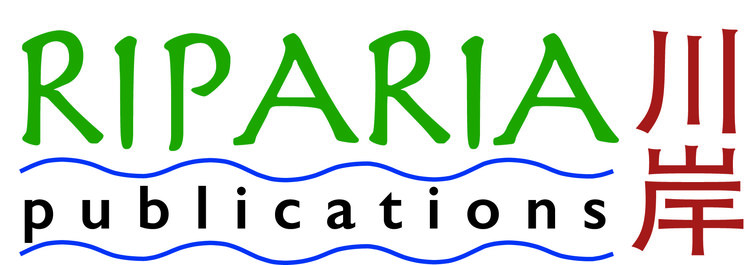(That is the verb "trump," associated with card-playing, and don't get me started on the proper noun Trump, or I will start to get really judgmental...)
Some years back, I taught a class at Texas A&M called "The Geography of Terrorism" and as usual I learned as much as or more than the students did. I inherited the class from a colleague who didn't care to teach an 8:00 a.m. class and since my dissertation had concerned the 1993 bombings in Rome, Florence and Milan (which I called "the Patrimony Bombings"), it seemed like a good fit. There was already a reader with relatively current articles on various sorts of terroristic attacks -- these things have been going on for a long time, reader! -- but I modified the syllabus to reflect some interests of my own, to do with methods and motivations of attack.
We wound up the semester with a detailed study of the then-unfolding Mumbai attacks, but we began it by reading biographical reports on the 9/11 bombers, and amidst all this, a pattern clearly emerged. The radicalized perpetrators had all come from very traditional Islamic families though they themselves did not much practice their religion, had all been engineering majors in the U.S., were all disillusioned and marginalized by their experience in the States, lonely and looking for new ideals. Joining a cult -- this should sound familiar to those of us who were students in the '70's -- gave them a sense of purpose, spoke somehow to their souls. We also discovered a curious thing about the strict religious cultures in which these young people grew up: they read no novels, attended no plays, watched no movies. They had no art. They had no means by which to live vicariously in another person's skin. They had never "walked a mile in the shoes" of anyone else, never imagined themselves as other than they were or outside of their narrow little engineering worlds.
Engineers, bless them, are some of the most opinionated, managing, self-assured, if-I-don't-know-how-to-fix-it-it-can't-be-fixed kind of people on the face of the earth. Knowing how to extract a raw material or put up a building gives them confidence, yes, but it also seems to have robbed them of any sense of the mystery of the world around them which those scientists who study its innermost workings feel constantly.
The cookie-cutter simplicity of any fundamentalist religion, with its lock-step certainty of who is in and who is out, who is hated and who is loved, with its "do this and you will get rich/get virgins and go to heaven" mentality is very much like engineering, and they make an ugly pairing. Relativity -- revealing the tip of an eyelash of the unfathomable reality of existence -- is as far from engineering or fundamentalism as it is close to true faith, a faith that encourages humans to keep seeking but allows God to be God.
There is a reason that some of the West's greatest cultural accomplishments may be found in its literature -- think "Antigone" and "Hamlet" for starters -- and why the great theater of Epidauros was built beside the chief sanctuary of Asclepius and why Greek physicians sat beside their patients at the theater to gauge their reaction to the plays they watched: how people react to tragic circumstances or whether they laugh at comedy tells a great deal about them. If a person has no empathy, is he or she truly human?
Imagine life without Shakespeare, and then vow to fight against any school system which seeks to remove the yearly Shakespeare play from its high school curriculum! Very few of us hail from Verona, or the Forest of Arden, and most of our white-trash ancestors were grubbing in the dirt of Northern Europe when our cultural superiors on the Mediterranean were weeping over the fate of Oedipus or positing the existence of a spherical earth or calculating its circumference, for that matter. Their engineering and their drama existed side-by-side, as letters-and-sciences should and apparently must do, for the sanity of humans everywhere.
The brilliant French physicist daughter of a brilliant French physicist mother, friends and colleagues of ours, explained last spring to a scientist in Berkeley why art and science are equally honored in her family and by many French folk: they understand the connection between the joy of the one and the joy of the other, of the radical -- which means "deeply rooted," by the way -- creativity required of both. I can't help thinking that if the young couple in San Bernardino had experienced more joy together through drama, novels, art exhibits, and music, not just seeing the world as a fallen, mechanistic, sinful place, they never would have planned to kill their neighbors. They would have instead looked out through their neighbor's eyes and down into their hearts, and seen themselves.
When we weep at the fate of Frodo, or laugh at the silly fellow-humans in a Jacques Tati film, we are not sick; it is those who do NOT that need a good hard looking at! (As to fine art, people claim to be able to stand in the presence of a Rothko painting and not be moved, but I suspect they are just blocking some inner eye...) Let's agree that you have enough imagination to see the plight of all mankind in specific imaginary characters, you can see the very real humanity of that person beside you in the gallery, or on the bus, or at the office party.
Imagine if the meek inherited the earth a little early, and Sufis staged a miraculous religious coup in Saudi Arabia, Pakistan and Yemen! Poetry can save the world.
